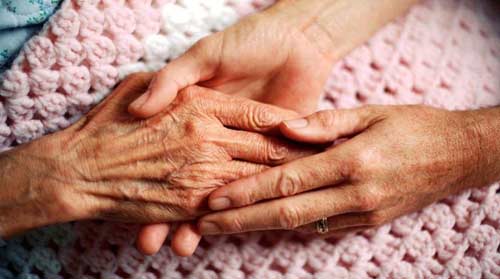Houston is known for being the top city for cultural diversity, passing New York City and Los Angeles. Understanding how different cultures approach death is very important. Through hospice, we provide grief services for everyone involved, but cultural practices are often overlooked. There are many transitions that happen at the end of life and through these transitions there things you should consider.
- a patient’s perceptions of health and suffering;
- a patient’s perceptions of death and dying;
- accepted health care practices and remedies;
- accepted religious and spiritual beliefs, practices, and rituals;
- communication patterns and common forms of expression;
- the role of family, relationships

Once these things have been observed, the hospice provider can give the patient the proper care. The patient may believe that pain and death are a part of the journey of life. They may also believe that their family must be involved in all areas of their care. Some have religious limitations or rituals important to their end of life process.
Some may want nondisclosure about the serious illness of their loved ones. The reasoning behind this is discussing death is impolite in some cultures, or they don’t want unnecessary anxiety felt by their loved one. However, in 1990 the Federal Patient Determination Act and Patient Self Determination Act were passed, emphasizing the need for the patient’s consent.
The way to handle these situations is to be respectful of different cultural practices. By having respect and appreciation it will be easier to form a relationship with the patient and their family. Expanding your knowledge of different practices is important as well. The goal of hospice is to bring comfort to the patient and understanding their beliefs is a big part of that.
FILED UNDER: Home Healthcare
